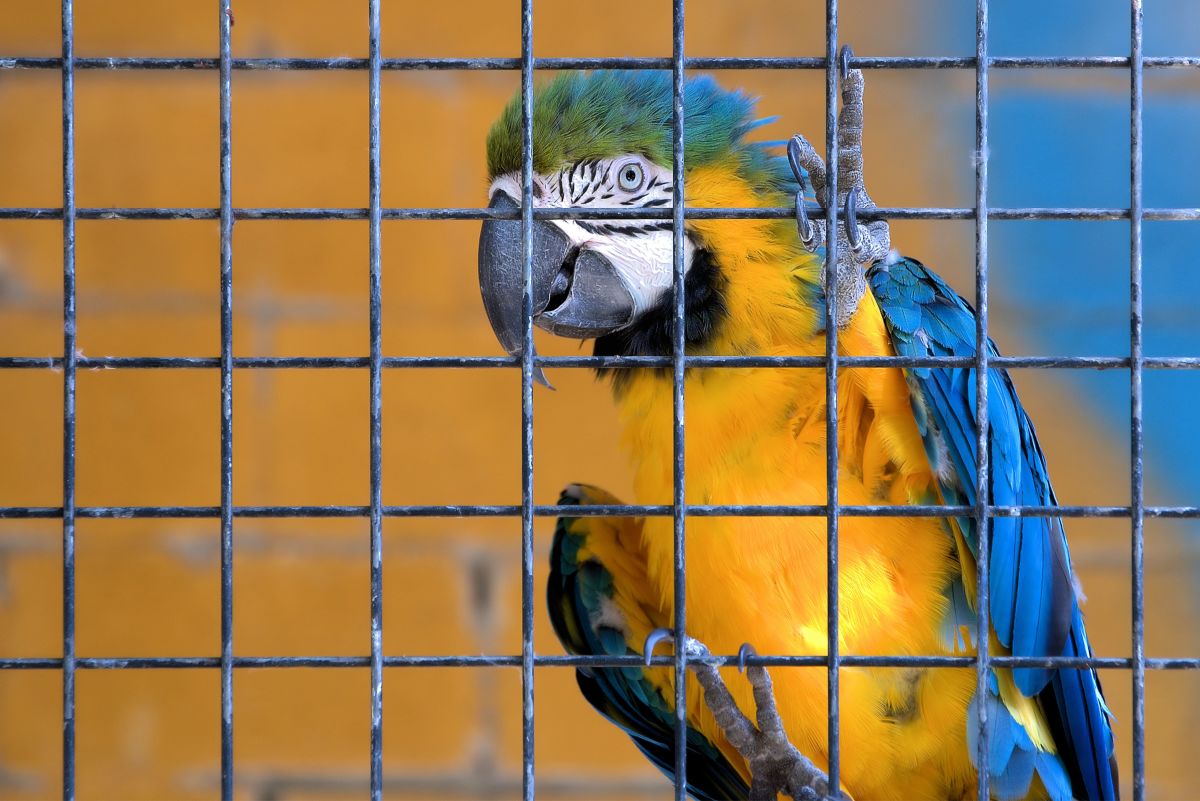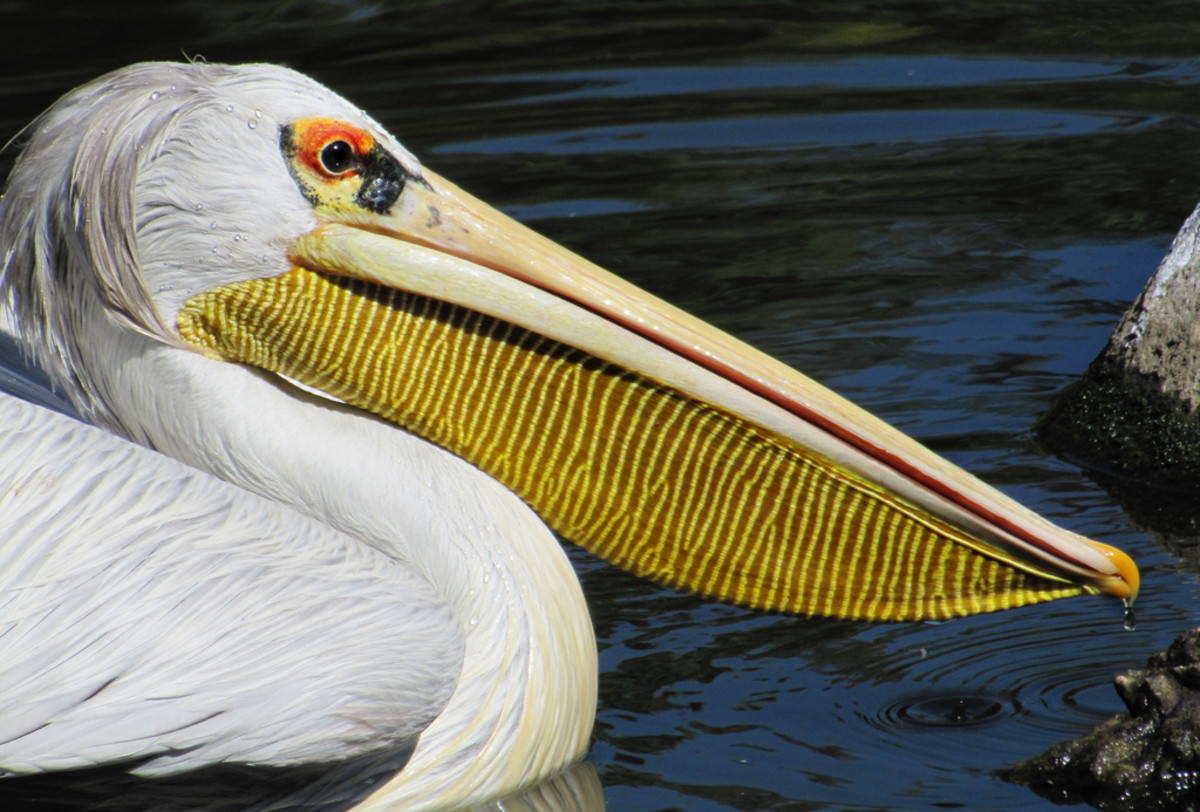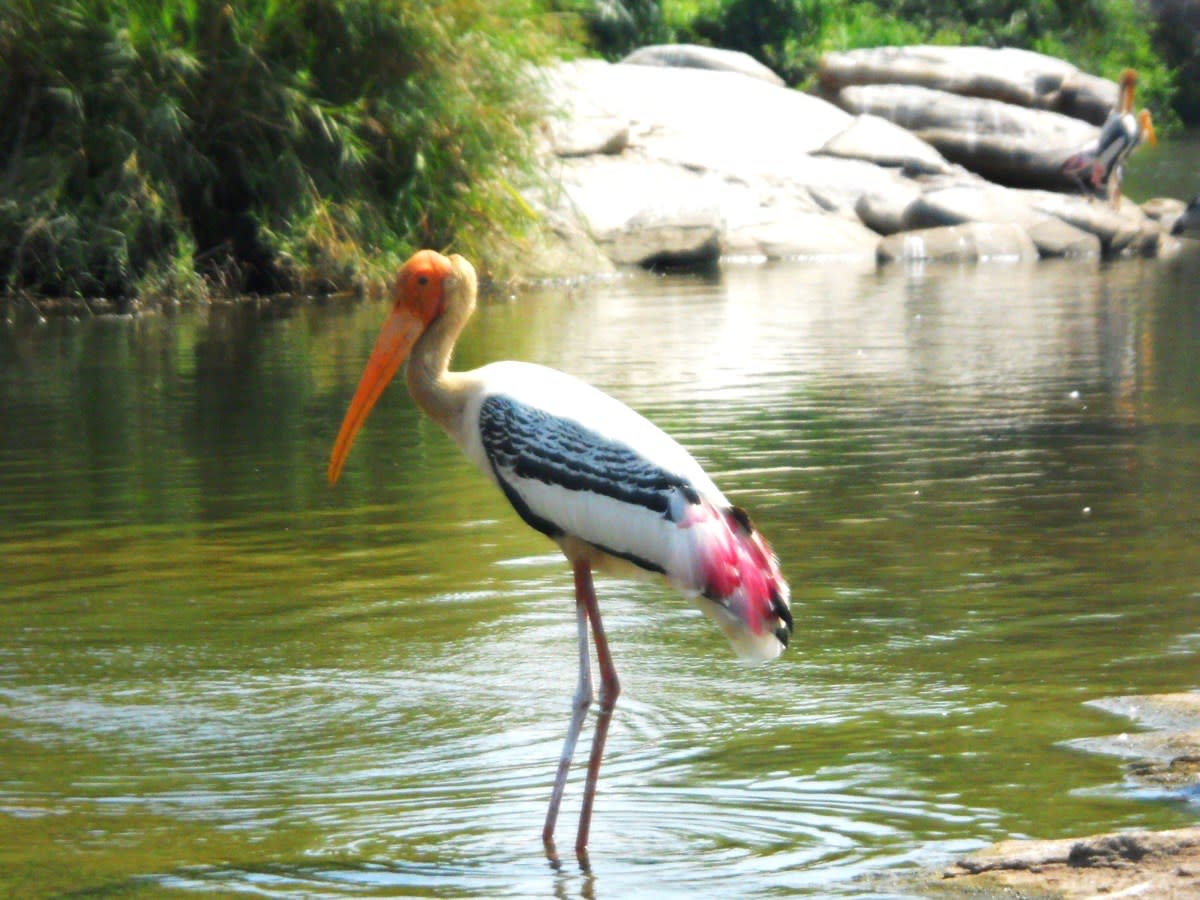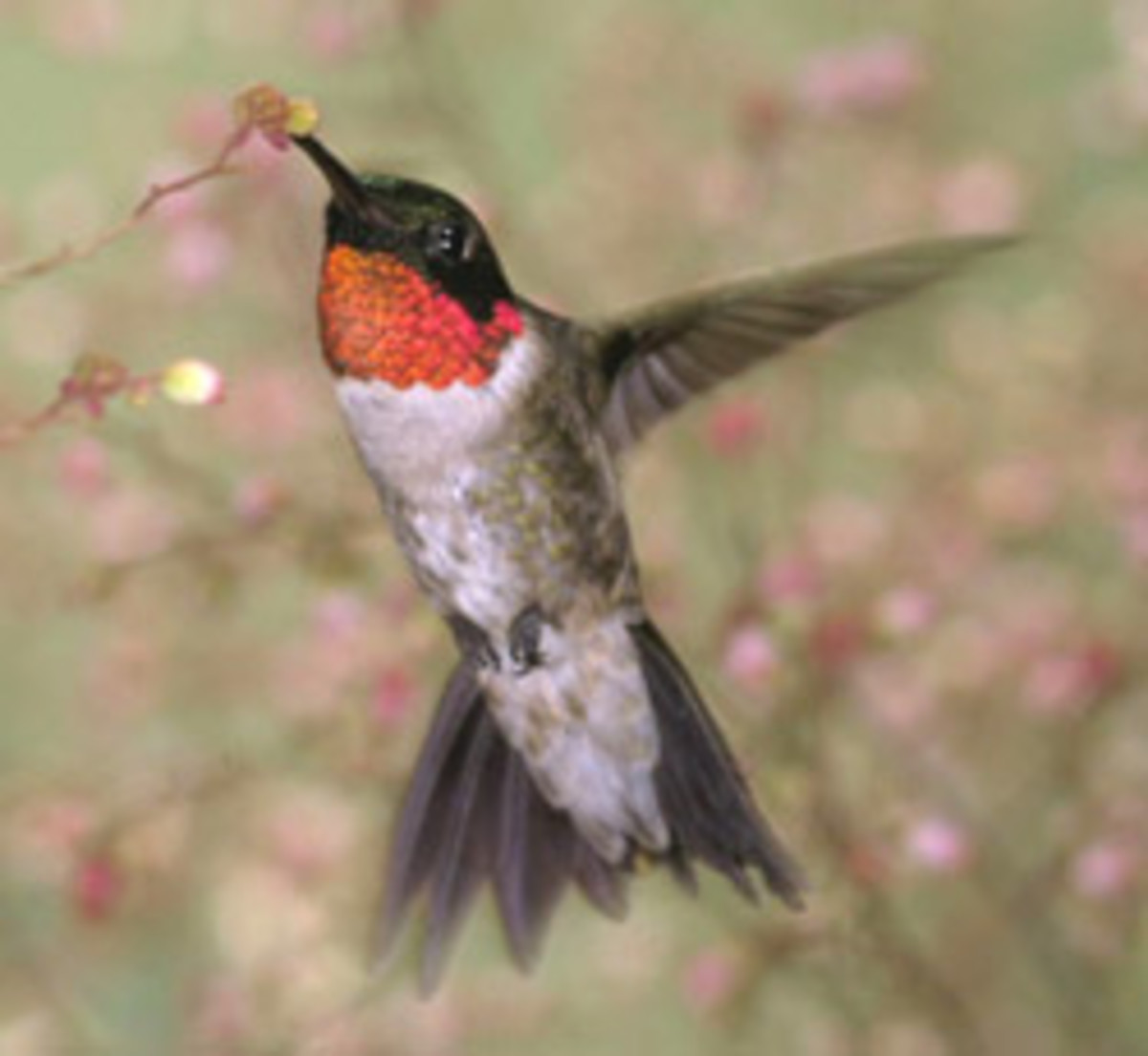Resolving Problems - Birds of Wisdom
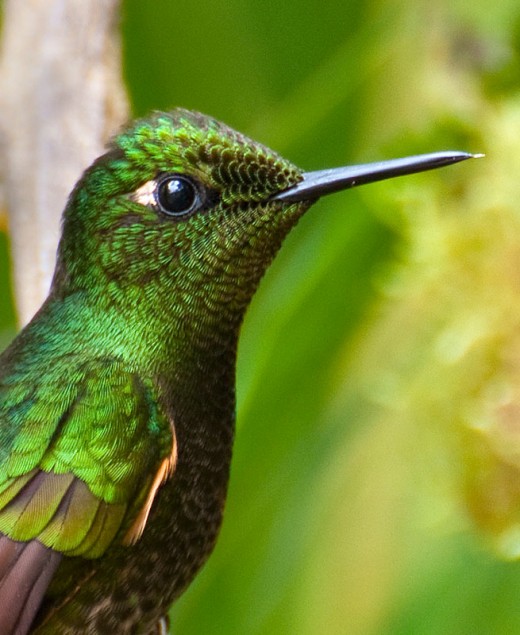
A few days ago I was sitting expectantly at my computer, patiently waiting for an idea to penetrate my mind for an article that I was writing. As I sat quietly pondering my dilemma, a familiar sound brought me back to reality due to its unusual proximity. I had heard this rapid fluttering of wings many times as I observed the vast avifauna of this little country but never had I encountered it while sitting in my office. I gazed upward in a slight panic to confront my unexpected visitor. There, battering its head in an unsuccessful attempt at escape was a hummingbird trapped in an unfamiliar environment.
I often leave the door to the patio open so that my dog “Boo” can frequent the back yard at his leisure. I also have two lovebirds that chatter constantly and often imitate the local wildlife. They have a terrible habit of scattering their seed around the base of their cage. It is therefore not uncommon to see sparrows hopping hopefully across the floor in search of discarded morsels. But this is the first time that I have encountered a visitor of such renown. Perhaps it took an errant turn while roaming the back yard, or possibly a mistake in judgment. Whichever the case, it was now my responsibility to lead this disoriented fowl back to reality.
My concern was intensified as I realized the imminent danger that this animal was creating for itself. Hummingbirds, due to their extremely high metabolism while in flight, must consume great quantities of nectar to provide the energy necessary to sustain life. If this tiny captive continued its passionate struggle to escape it could place itself in peril of starvation and death.
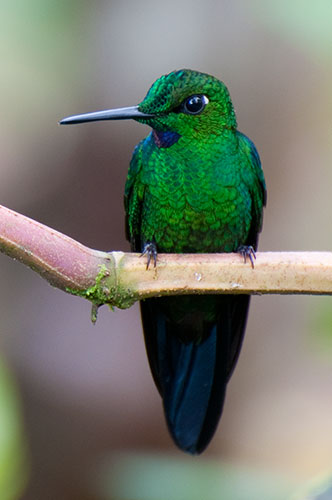
As I gazed upon this hapless creature endeavoring to extricate itself from this unfortunate predicament, I pondered how I could assist. Naively I began speaking softly to the panic-stricken bird thinking that my tranquil urgings would convince it to follow my instruction, not understanding that I was just adding to the dilemma. I waved my hands unsuccessfully, hoping that the animal would fly toward the open door and freedom. Realizing that I could not block its passage in the opposite direction, I decided to use a broom to gently guide it from its captivity. Finally this tiny inmate, exhausted from its futile attempts to pass through the ceiling, rested on the end of the broom and allowed me to transport it to liberty.
As I sat back and pondered the preceding events, I correlated the desperate attempts by the bird to extricate itself from its captivity to a person’s feeble endeavors to rectify problems in which they find themselves inexplicably entangled. The first reaction is to panic, undertaking various unsuccessful actions, hoping that something will miraculously deliver one from the predicament. These endeavors may be repeated several times with the same results, yet not shatter the expectation that the next attempt will be triumphant. Outside assistance is rejected due to pride or embarrassment. In the end, the unfortunate contender will abandon his aspirations of ever resolving the conflict and resign himself to the consequences.
Related Material
I was reminded of how, as a child, I would collect fleas from our dog and place these sprightly insects into an old shoebox. Fleas have a remarkable ability to jump astounding distances relative to their body length. This spry little bug can cover a distance of 33 cm (13 in) and reach heights of 18 cm (7 in), a feat that would make Superman proud. However, once placed in the box and the lid securely fastened, its potential was severely limited. I could here them thumping their heads against the cover during their futile attempts at escape. Eventually the thwack, thwack, thwack, of their efforts would subside into stillness. After a few more minutes the covering could be removed to reveal a circus of tiny creatures, jumping and scurrying about, but never leaving the confines of their self imposed prison. They had adapted to their plight and resigned themselves to a monotonous fate.
We all chase dreams but many times they are dashed against an unpredictable wall of circumstances. We try desperately to resolve this quandary ourselves, often ignoring the sage advice of friends and family, only to fail miserably at every attempt to free ourselves from a difficult situation. Eventually we tire of the battle and surrender to its overwhelming advances.
Yet, this does not have to be our destiny. The truth is that the only genuine challenger to our providence is our pride. That obscure demon of our nature will try desperately to attack our resolve and purpose. To survive, we must recognize that there is a means of escape from any circumstance. We must be tenacious in our efforts to determine our destiny. Finally, we must recognize, as my tiny, feathered house quest learned, that there might be someone, though ominous in appearance, who has been sent to help us in our time of need.
Other Hubs by This Author
- Club-winged Manakin - Tropical Rainforest Casanova
Club-winged Manakin (Machaeropterus deliciosus) The tropical rainforests of South America entice many naturalists to observe the abundant treasures that are hidden within its canopies. There is, however, one... - Ecuador, Land of Volcanoes
Cotopaxi Ecuador straddles the equator from which it takes its name and encompasses an area of 285,561 sq. km (109,415 sp. mi.) of lush subtropical forest and towering mountains. It is a democratic republic,... - Quito Ecuador, First World Cultural Heritage Site
Grand Plaza Quito Ecuador (pronounced Kee-Toe) is both the administrative and legal capital of this small South American country. At an elevation of 2,800m (9,299 ft) it is the highest legal capital in the...
Related Links
- The Birds of Ecuador
Photo and description of the birds of Ecuador - Discovering the Birds of Ecuador
Birding locations in Ecuador




